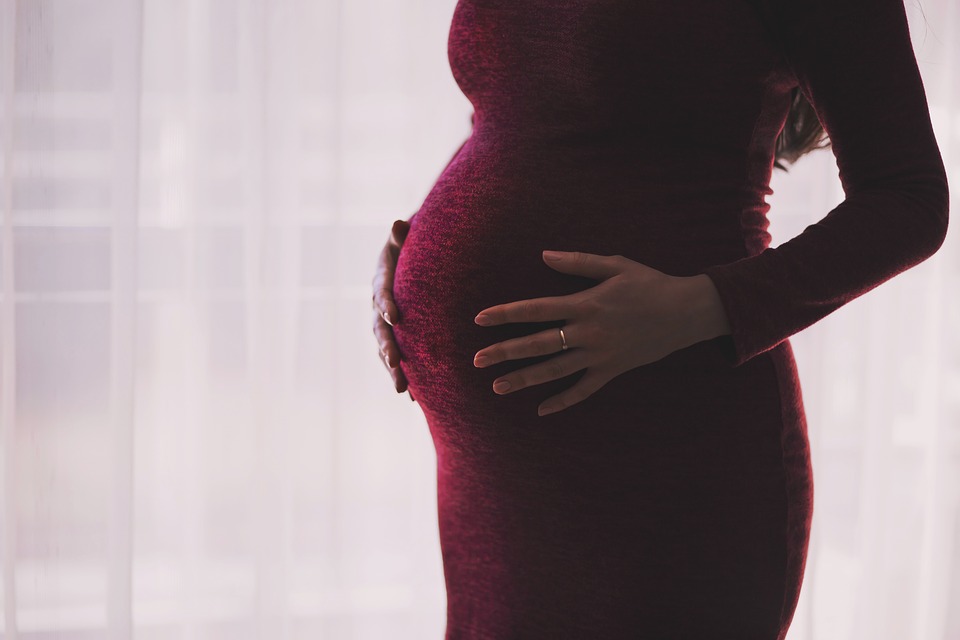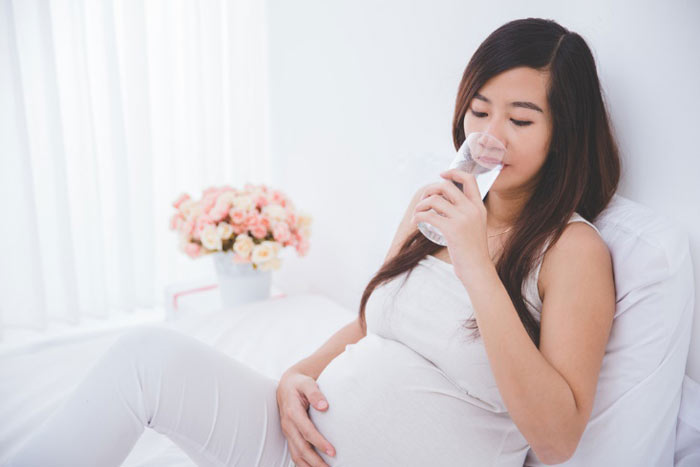Post-Partum Euphoria
Giving birth to a baby marks a dramatic change in your life: you take on the responsibility for sustaining life in a tiny human being who needs your care, and – as if it were not enough – your body begins to generate hormones that play tricks with your moods. About 25% of new mothers react to hormonal shifts by falling into depression – while another type of mothers go the other way, experiencing post-partum high spirits when they feel up to doing a lot of things and resting with only a short sleep. This condition is often called post-partum euphoria and clinically regarded as hypomania of a kind. At first sight, it may look like a positive aftereffect of parturition, but in fact, it is fraught with danger.
Is post-partum euphoria dangerous?
Post-partum euphoria remains a little-studied condition; so far it is acknowledged that delivery is followed by a distinct hypomanical aftermath with every tenth new mother (or more). At first such euphoria appears advantageous, but it involves certain risks that manifest themselves with the passing of time.
Normally the phenomenon makes itself apparent during the first week after the delivery. If a new mom had mood disorders at conception she is more likely to end up with the baby pinks, also known as „highs.“ A study published in The British Journal of Psychiatry reveals that „highs“ bring on a bout of depression later and can eventually evolve into a mild condition of bipolar disorder.
What are the signs of post-partum euphoria?
Feeling the baby pinks upon her, the woman is satisfied with how things shape, but after some time (different for every woman) she grows huffy and waspish. Her partner would do well to be on the watch for changes in her behavior, since hypomaniac women will be dead sure they feel great anyway.
But once the new mom starts to evince negative signs, she is on the way to developing mania. Bad symptoms include becoming task-minded, yet frequently unable to complete her tasks due to a high level of confusion; staying high-spirited and voluble; needing less than usual sleep because she is excitable. If things turn worse, she may behave as if she would be able to overcome all difficulties and resolve everything easily, ignoring contiguous risks and possible sorry consequences.
Other manifesting signs can be racing thoughts, often interfering with sleep, and changes in appetite and eating habits.
This behavior might be potentially dangerous, probably threatening to both the mother’s and her baby‘s well-being, since the woman is likely to fail to realize clearly the perils of her overexcited behavior.
When is treatment necessary?
When it is a case of merely the mom feeling elated, it doesn’t qualify medical attention. Then again, the woman might start behaving funnily or downright oddly; if so, she would require watching over, it isn’t a good idea to leave her alone minding the baby. She may even have to be taken to an emergency room.
It may occur that the woman can develop sleeping problems and other grave symptoms that will require taking medication. Anyway, the main thing is to arrange for a strong support ensuring that the mom has sufficient rest, and have health-care providers supervise her to see how successful treatment proceeds.
How post-partum euphoria is diagnosed
It’s strongly advisable for a new mom to consult a doctor when she realizes that her behaviour has changed and she displays worrying signs, because her symptoms can start escalating.
“It’s a very lethal condition… the risk of suicide is very high,” is the opinion of Dr. Christine Korol, a psychologist at the Vancouver Anxiety Centre. “If you feel like you don’t need sleep, or you’re not sleeping for days or you’re starting to do some bizarre things, you want to go to a doctor right away.”
Having related the symptoms to the doctor, the woman can expect to be delegated to a psychologist and undertake psychological testing. The psychologist will study the woman‘s medical history in conjunction with the family history and will probably want to talk to family members to collect detailed information about the post-partum behaviour of the mom in question.
According to Parents.com, hypomaniac behavior is likely to set in during the first day after delivery in approximately 10 – 20% of women suffering from bipolar disorder. It can be easily taken for the natural joy attending pregnancy. In fact, postpartum mania afflicts much less than 1% of new mothers.
So women suspecting the condition should keep their OB-GYN informed about postpartum mood changes which seem to them unnatural. Once post-partum „high“ has been diagnosed, proper medicines can be prescribed to keep mood stable and ensure healthy sleep.
If the woman is believed to run a high risk of being afflicted by post-partum euphoria, she may have to start on preventive treatment sometimes during pregnancy. Safe drugs are known which can be taken while the future mother is about halfway into pregnancy.
Unfortunately, cases of post-partum euphoria can remain undiagnosed, and not all clinicians are duly aware of its symptoms and dangers. While the prevalence surely cannot be considered great, the consequences can be very unwelcome and had better be avoided.



